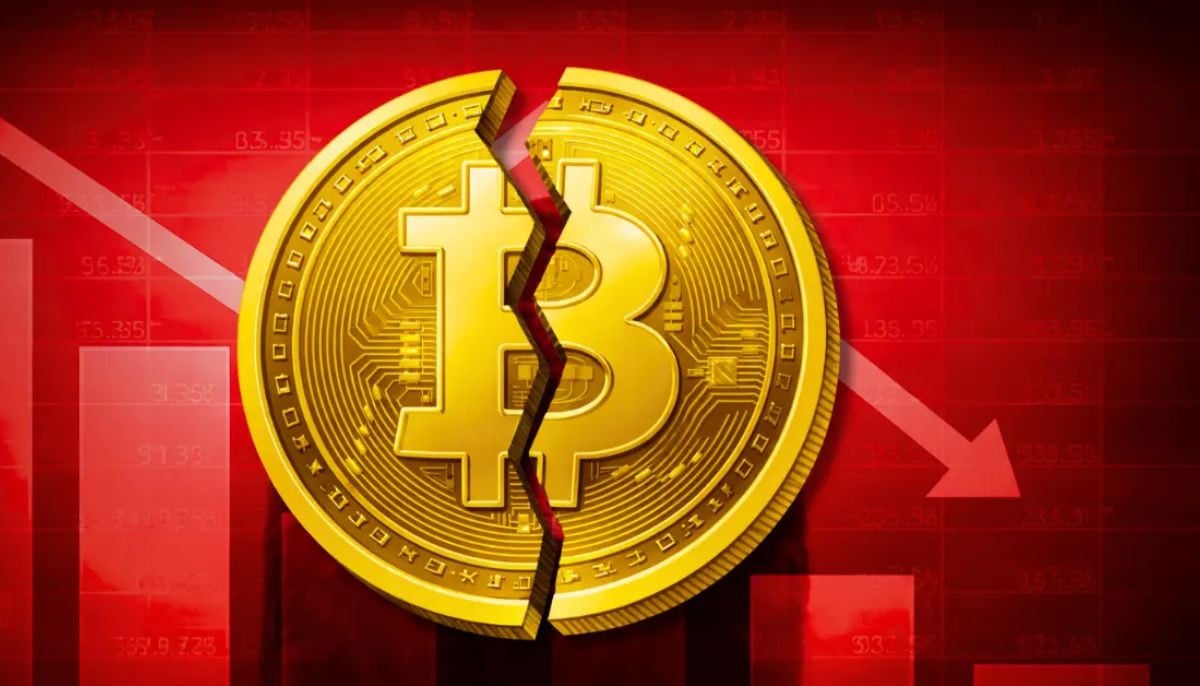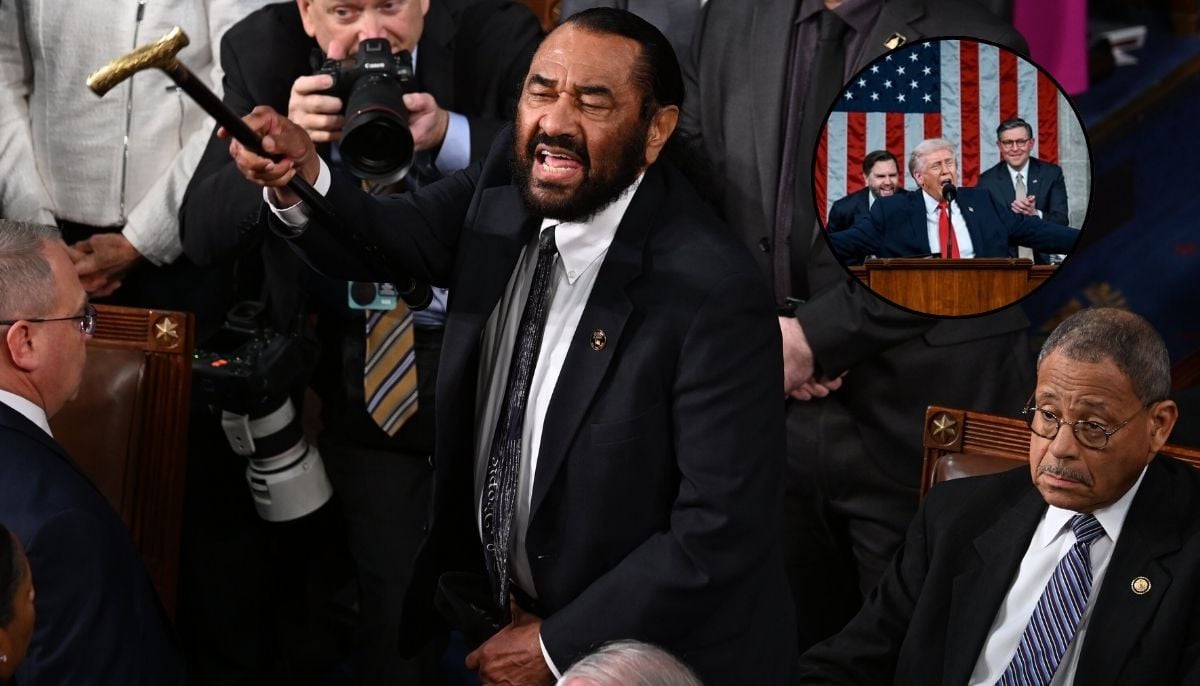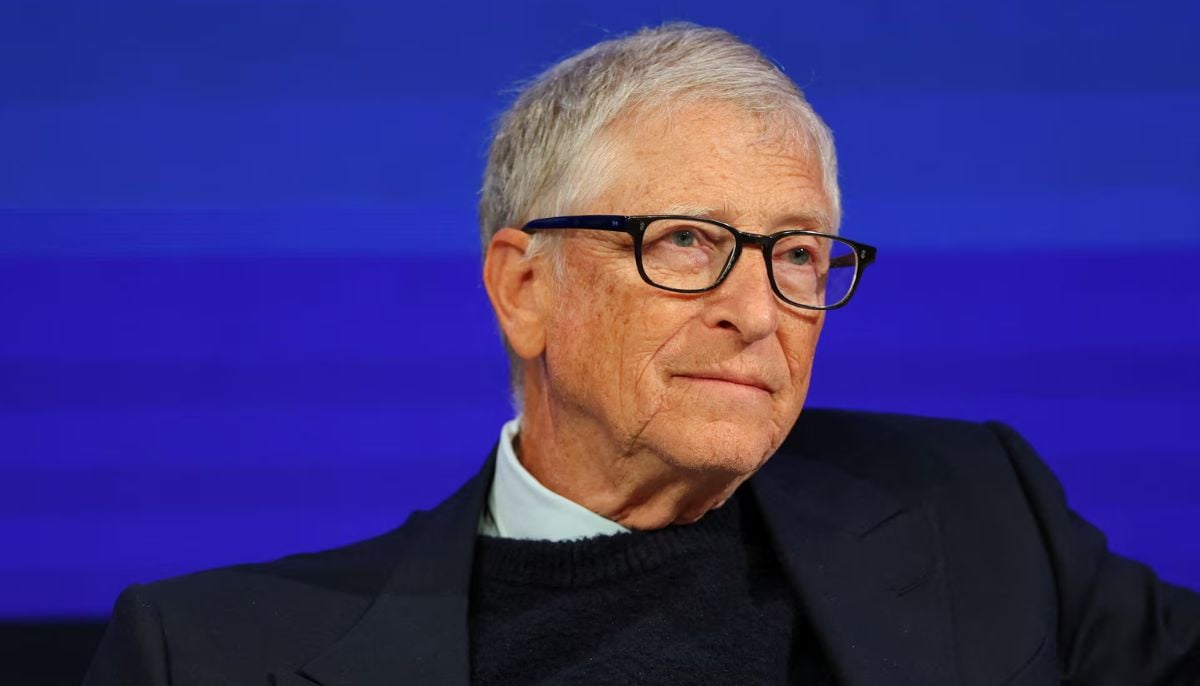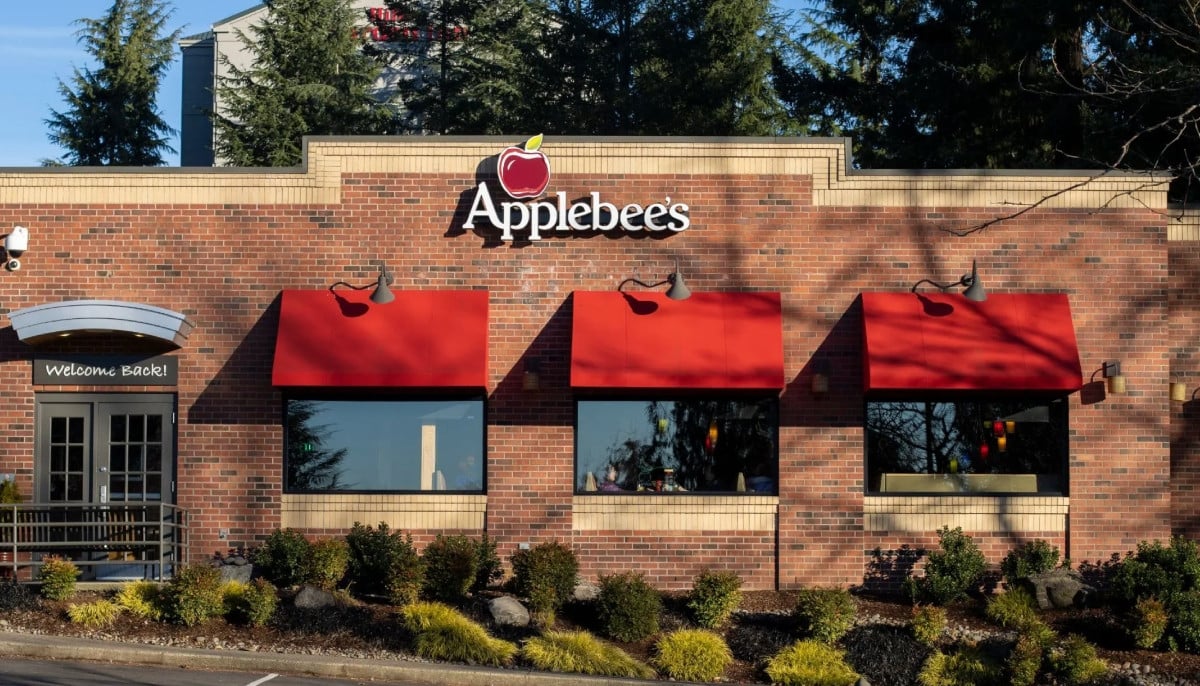Valentine's Day 2024: Why are Americans investing in self-care but not roses, chocolates, hearts?
US consumers alone are expected to spend estimated $26 billion this Valentine's Day
Friendship and personal well-being are becoming more important as younger American consumers decide to start prioritising and putting themselves first this Valentine's Day.
However, Valentine's Day classics still include jewellery, flowers, and chocolate, according to BBC.
This year, US consumers alone are expected to spend an estimated $26 billion (£20.6 billion) on Valentine's Day purchases. But there are now more options available to them as many businesses and shops have started to offer wellness and self-care items in place of gifts for spouses.
A growing number of firms are adapting their assortments and marketing strategies to these shifting customer trends rather than investing more in tried-and-true products.
Additionally, businesses are joining the market that may not have fit into the discussion of holiday gifting in the past. These companies are all completely focused on presenting choices to a new consumer group that desires to indulge in "Galentine's" and self-care products. and shake off the mushy Valentine's Day of yore.
"We are seeing some of the mainstream corporate companies starting to embrace a wider descriptor of what Valentine's Day actually means," says Joanna Feeley, founder and CEO at UK-based trend-forecasting agency "Trend Bible". "Valentine's almost needs a rebrand, but it's not dead".
Consumer sentiments may be changing in part because of the unstable political, economic, and environmental conditions around the world but many people are self-prioritising and gravitating towards "I deserve it" purchases because they are experiencing an overwhelming sense of existential dread, according to Faye Landes, a consumer and retail analyst with the US-based firm "Landes Advisors".
-
Bitcoin bounces from $62,000 as on-chain metrics signal prolonged weakness: Here is everything to know
-
Trump delivers longest State of Union address in history: Inside key details on economy, security and global strategy
-
Trump’s 2026 State of Union address: Inside key takeaways, major policy shifts & top announcements
-
Rep. Al Green removed from House chamber during Trump’s State of Union address: Here’s what happened
-
Bill Gates breaks silence on Epstein links, ‘took responsibility for his actions’ during town hall meeting
-
President Donald Trump delivers the traditional State of the Union address to Congress
-
Australia: Bomb threat behind evacuation of PM Anthony Albanese linked to Chinese dance group
-
Applebees closures expand with Glenville restaurant closing for good after 10 years












